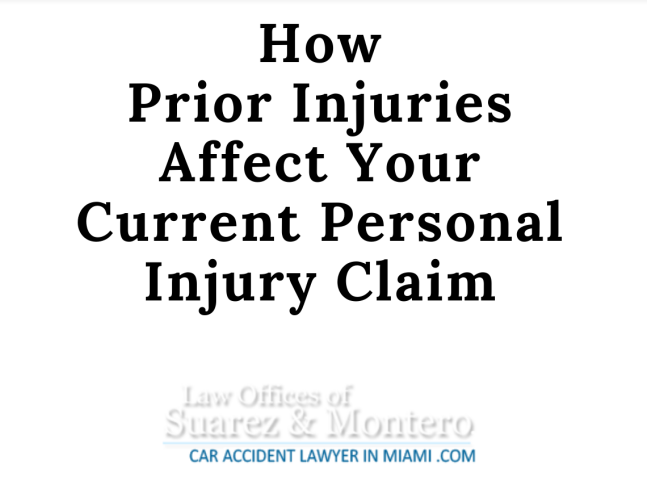How to Obtain Medical Records in Florida
Personal injury cases generally require a lot of medical record and bill requests. This is because a client’s personal injury claim cannot be properly evaluated without first obtaining and reviewing all relevant medical records and bills. Additionally, a complete set of these medical records and bills are provided to the defendant’s liability carrier or the client’s UM carrier with any demand for settlement.
Medical Records Must Be Provided in a Timely Manner
Florida law provides that medical records must be furnished to the patient or patient’s legal representative in a timely manner and without delay. Specifically, Fla. Stat. § 395.3025 states that “Any licensed facility shall, upon written request, and only after discharge of the patient, furnish, in a timely manner, without delays for legal review, to any person admitted therein for care and treatment or treated thereat, or to any such person’s guardian, curator, or personal representative, or in the absence of one of those persons, to the next of kin of a decedent or the parent of a minor, or to anyone designated by such person in writing, a true and correct copy of all patient records, including X rays, and insurance information concerning such person, which records are in the possession of the licensed facility, provided the person requesting such records agrees to pay a charge”.
Is There a Fee to Obtain Medical Records in Florida?
The exclusive charge for copies of patient records may include sales tax and actual postage, and, except for non-paper records that are subject to a charge not to exceed $2, may not exceed $1 per page. A fee of up to $1 may be charged for each year of records requested. These charges shall apply to all records furnished, whether directly from the facility or from a copy service providing these services on behalf of the facility.
However, a patient whose records are copied or searched for the purpose of continuing to receive medical care is not required to pay a charge for copying or for the search. The licensed facility shall further allow any such person to examine the original records in its possession, or microforms or other suitable reproductions of the records, upon such reasonable terms as shall be imposed to assure that the records will not be damaged, destroyed, or altered.
What Needs to Be Included on a HIPPA Authorization Form?
A request for a client’s medical records should be accompanied by an authorization that complies with the privacy rules of the Health Insurance Portability and Accountability Act (HIPAA). The authorization must contain the following: a description that identifies the information to be used or disclosed, the name or identification of the person or persons authorized to make the requested use or disclosure of the information, the name or identification of the person or persons to whom the health care provider may make the requested use or disclosure (such as the lawyer), a description of the purpose of the requested use or disclosure, the expiration date or expiration event for the authorization that relates to the individual or purpose of the use or disclosure and the signature of the individual and the date. If the authorization is signed by the individual’s personal representative, a description of the representative’s authority to act for the individual must be included.
Health care providers sometimes attempt to obtain, or to condition the provision of medical records on, an executed lien or assignment. The execution of a lien or assignment is not a condition authorized by statute and a physician may not withhold records if the patient has not paid for services rendered. Furthermore, liens and assignments routinely contain language that goes well beyond protecting the health care provider’s outstanding bill for services, often attempting to establish a priority over other medical bills, and perhaps even attempting to hold the attorney responsible for outstanding medical bills.
Speak with a Personal Injury Attorney
Those who have been involved in an accident of any kind could suffer serious injuries that may take months or years to recover from, and continued treatments and expensive medical bills can take a large toll on a person’s quality of life.
After any type of crash, you should consider talking to a car accident lawyer to learn what your rights and obligations are under the law. Let the personal injury attorneys at Suarez & Montero review the circumstances of your case and discuss your legal options. Our attorneys are ready to provide proven legal representation in pursuing your claim and stand ready to protect your rights.
Contact us today at 786 Lawyers for a free consultation!





